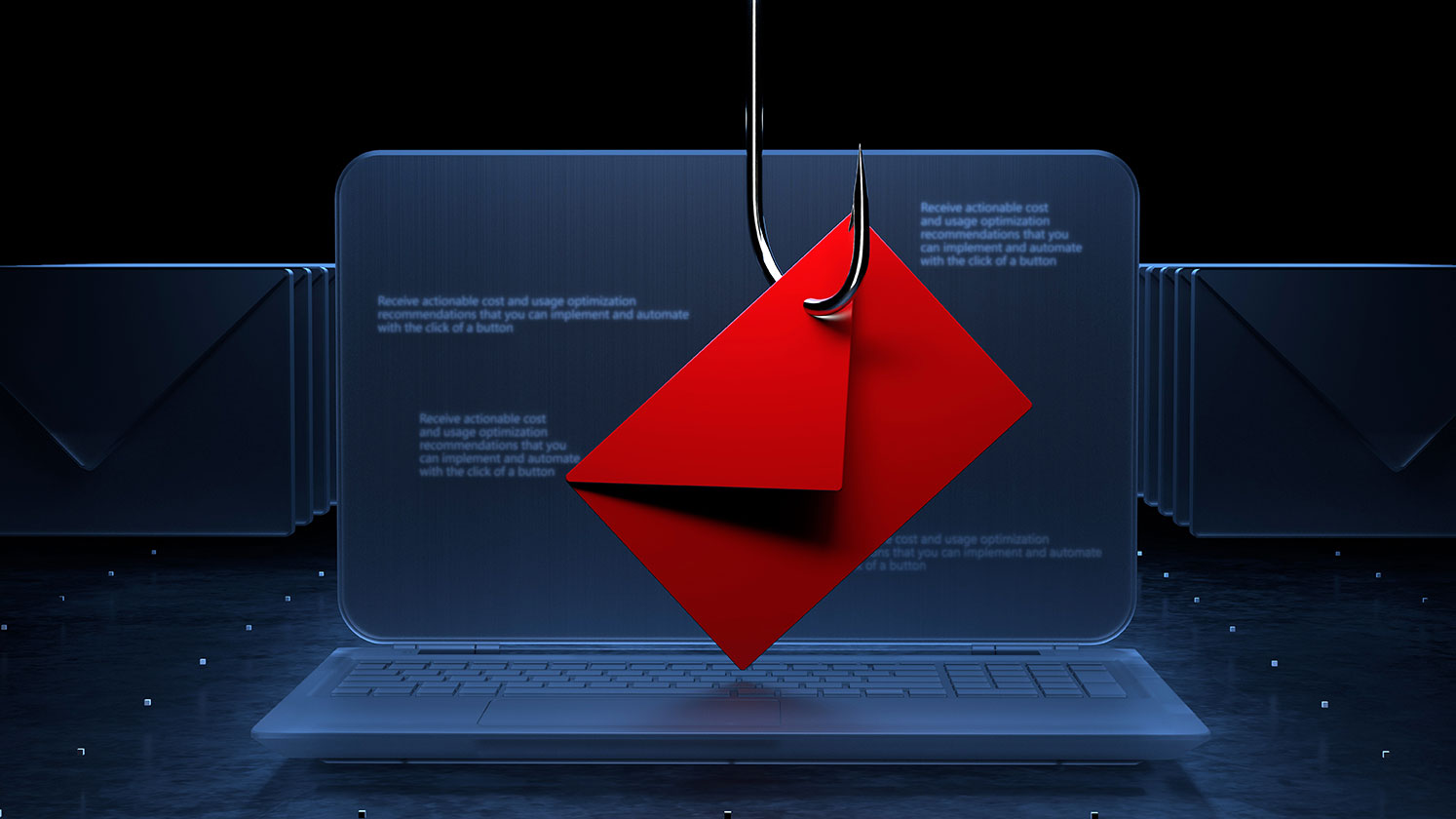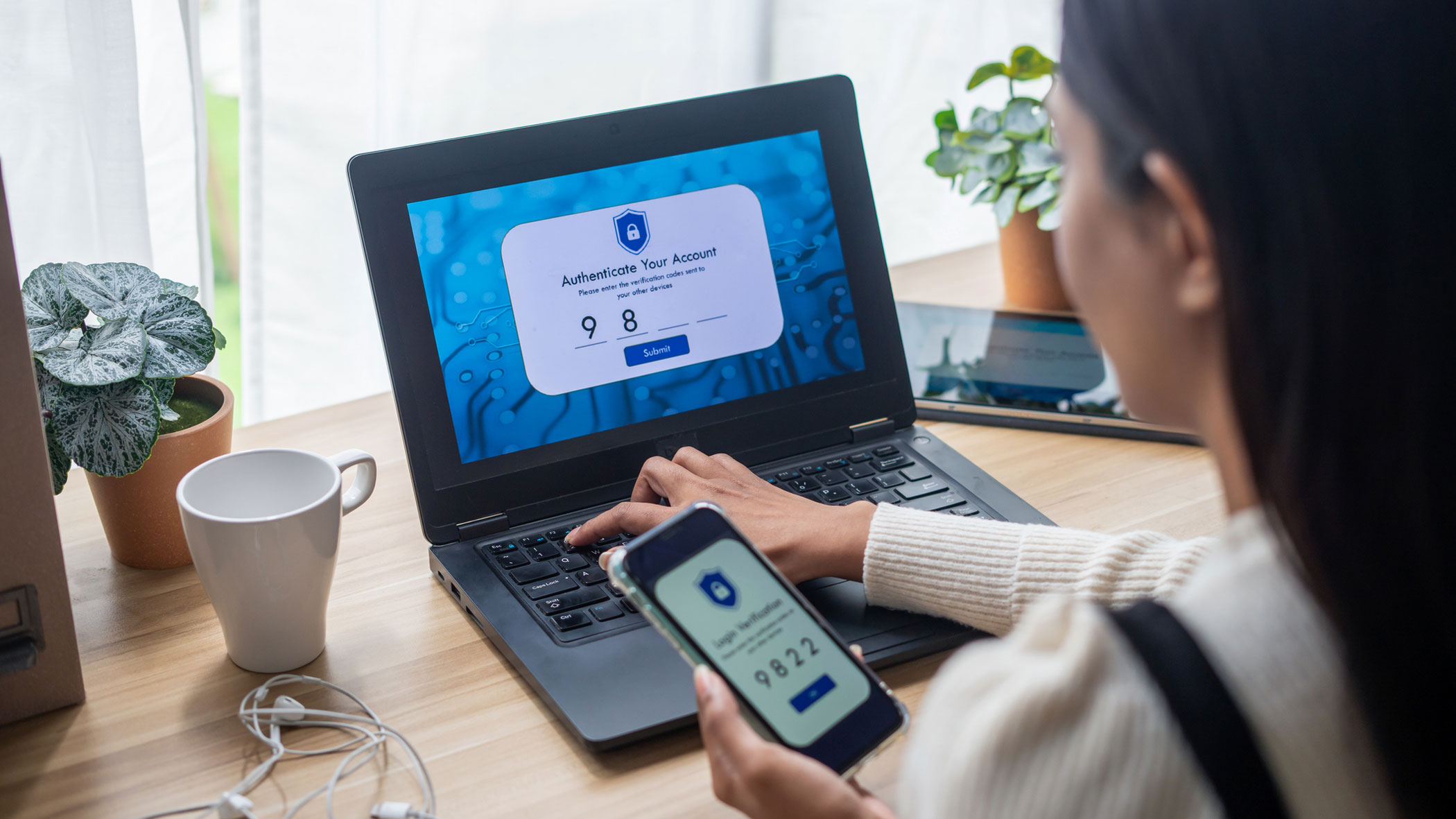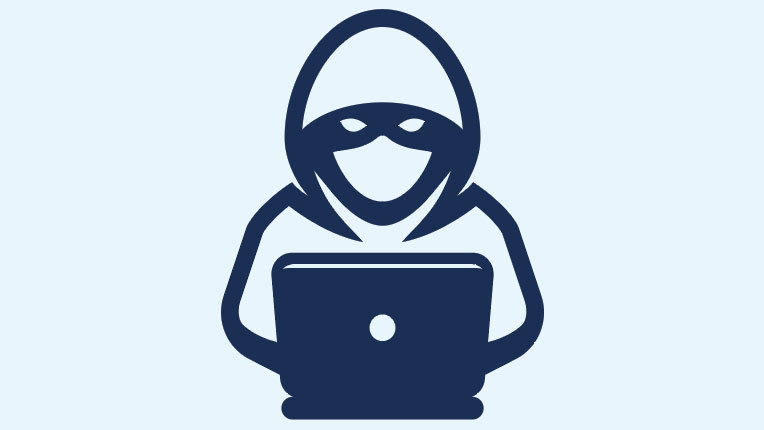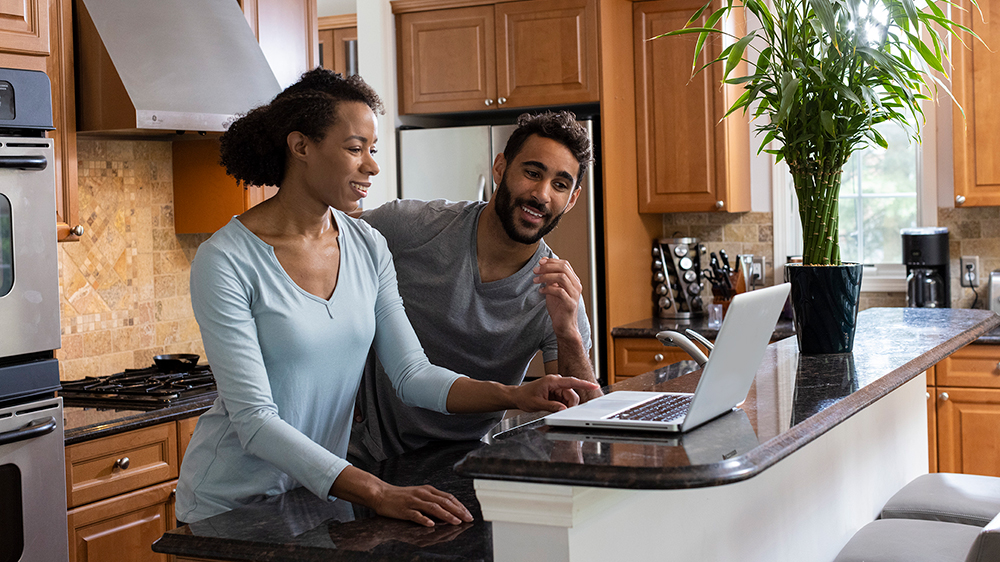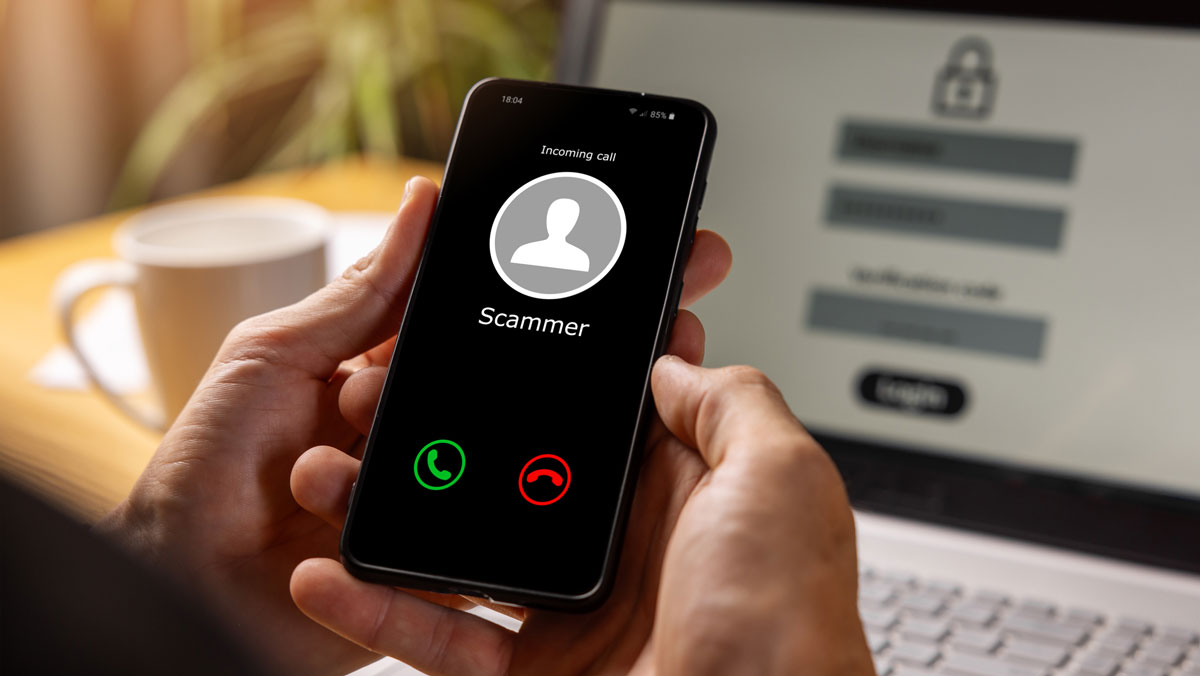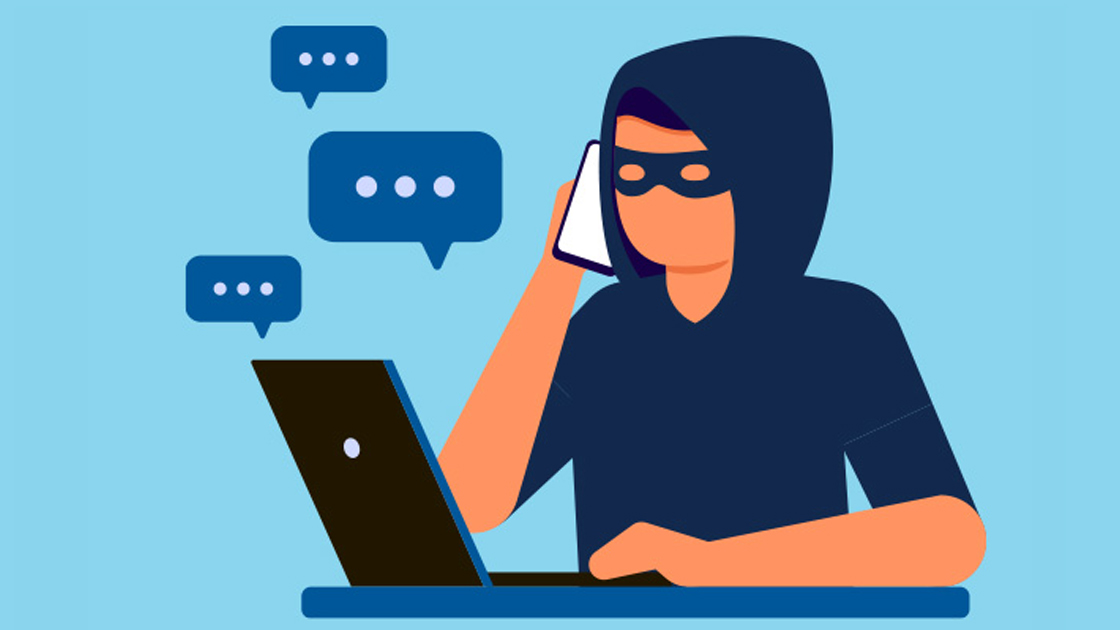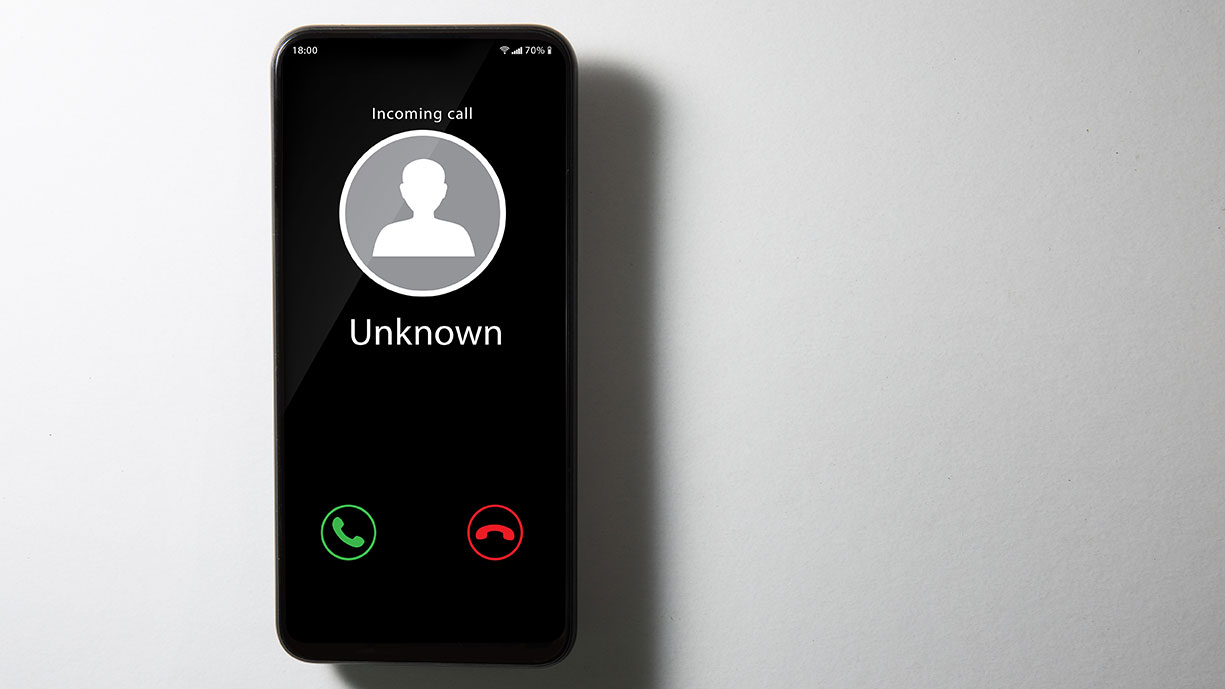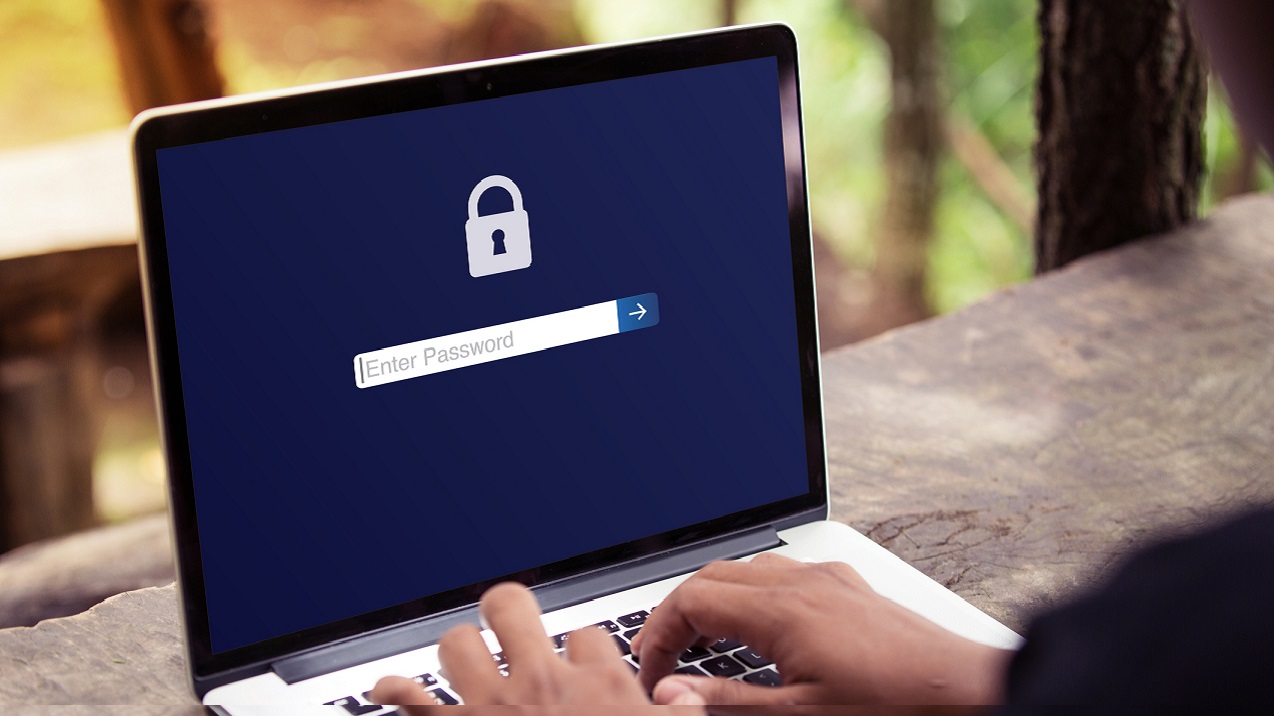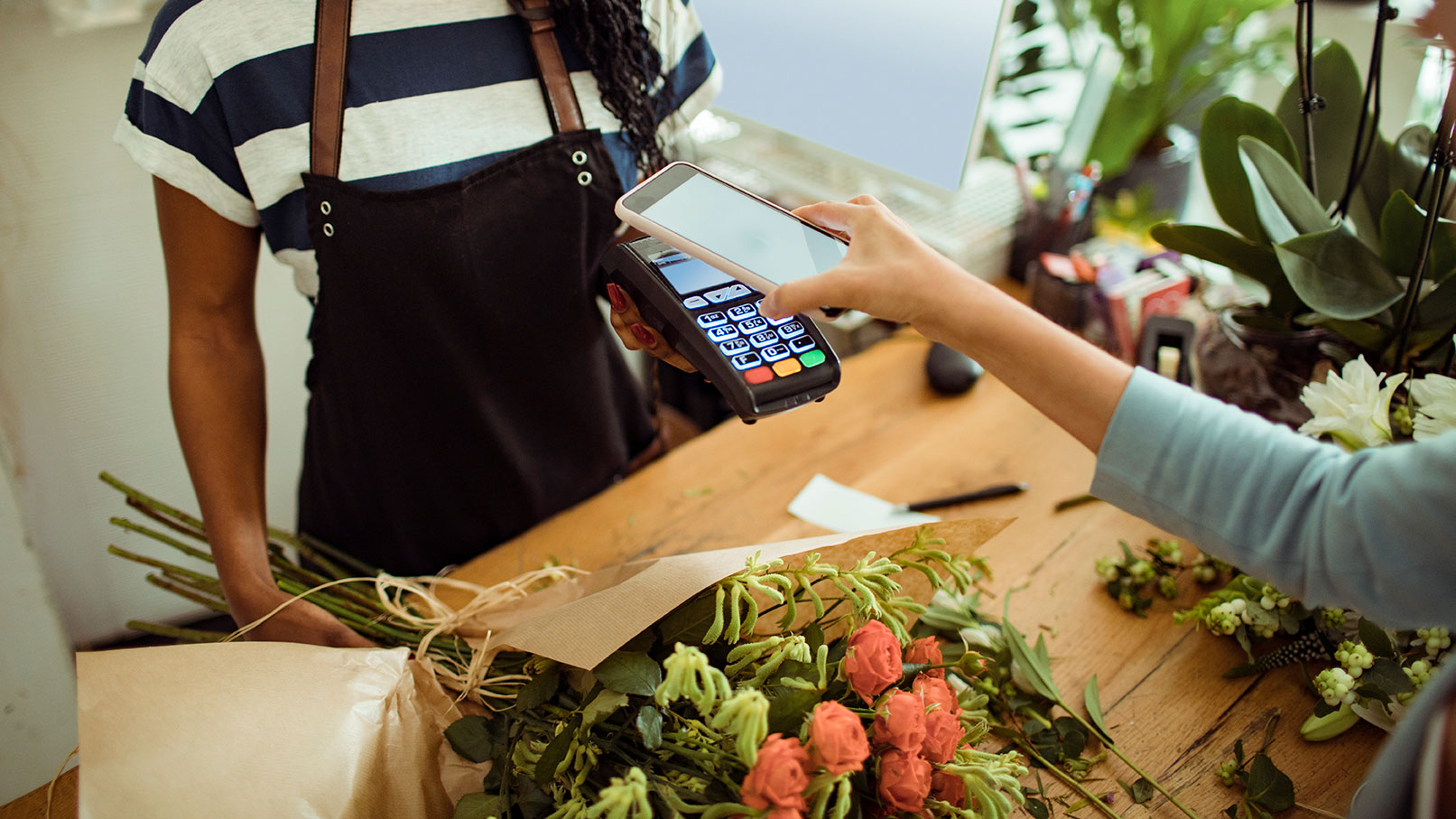
With the average American spending 24 hours a week online, internet safety is more important than ever. A hacked or compromised computer can put you at risk for money loss, phishing scams, or even complete identity theft.
If your computer’s security has been breached, it can be used as a “middleman” for online theft. Criminals can remotely control a computer with weak security and use it as a pawn for large-scale crimes against hundreds or even thousands of other computer users. An unprotected computer can commit awful crimes without its owner even knowing about it!
Fortunately, keeping your privacy, money, and sensitive information safe when browsing the internet is simple; all it takes is awareness and some proactive steps.
Here are some steps you can take to keep yourself safe online:
Avoid fake sites
The easiest way to get scammed online is to visit a fraudulent site. If you’re browsing a website you don’t normally use, ask yourself these questions to make sure it’s safe:
- Does your browser warn you against visiting the site? Whether you browse with Chrome, Firefox or Safari, your browser will warn you about certain sites based on actual data and user reports.
- Is the web text riddled with grammar mistakes and typos? Reputable website owners are careful to present a polished, professional look.
- Is the site secure? Only visit sites with an “https” and not just an “http” in the address bar. A secure site will feature a lock icon next to the URL.
- Does the digital footprint check out? Search the company’s name to see what the internet and Better Business Bureau are saying about them.
- Is there a trust seal? Companies that deal with sensitive information make an investment to earn your trust. A trust seal, like the PayPal or Norton Secured seal, tells you the company has worked hard to deserve your trust.
Practice password safety
It’s your key to almost every online board and gated site; do your best to keep it safe! Here’s how:
- Never double passwords. Using the same password across multiple sites is easy on the memory but hard on your safety and security. While using the same password across multiple sites and social media might seem harmless, all it takes is for one of your duplicated passwords to be compromised for hackers to then be able to access your email or other accounts that use that same password. Your email is tied to online banking, your credit cards, and so much more, so hackers can do a lot of damage if they get access.
- Use a password generator. One way to ensure that your passwords don’t get hacked is to use a password generator like Google Password Manager and iCloud Keychain.
- Change your password often. If you don’t like the idea of using a password generator, experts recommend changing your passwords every three months.
- Use strong passwords. For optimal security, choose passwords that include a mixture of capitalization use, numbers, letters, and symbols. Try using an acronym only you will know. For example: if MSGCU is my favorite credit union is easy to remember, a password like M5gCu1smYFavCU! would be a strong password.
For more about password safety, check out our other blog post.
Update your browser
Perhaps the most neglected and simplest step of internet safety is keeping your browser updated. With just one click, you’ll increase your browser’s security and improve your computer at the same time.
Here’s why you’ll want to keep your browser running with its newest version:
- Increased speed. Each new version of your browser is an improvement on the old one. Why lag behind when you could be using a faster browser?
- Improved website compatibility. Lots of websites rely on updated browsers to share all of their graphics and features.
- A better experience. A newer browser will offer you added features, customizable extensions, and sleeker graphics.
- Better security. Internet companies are constantly looking for ways to protect you and keep you safer; take full advantage of their efforts by updating your browser to ensure you’re always using the latest version.
- Stronger protection against the most recent scams, phishing attacks, viruses, Trojans (spyware), malware and more is possible with an updated browser. Newer browsers have also patched up security vulnerabilities that may be present in your older browser.
Updating your browser is easy and quick. Newer model computers will update automatically as soon as new iterations are released to the public. If your computer is older, you can choose the “auto-update” feature available on some browsers for the same results. Otherwise, you can update your browser manually by following the instructions on your browser. These are typically easy to follow and take just a few clicks. Instructions to update common browsers are included below:
Follow these small steps now can save you heaps of aggravation and money lost down the line. Don’t let those hackers get to you!
Additionally, contact MSGCU immediately if you think you’ve been a victim of a scam and update your password to Online or Mobile Banking if you believe your account has been compromised.
Category: Security
« Return to "Blog"

